With the 1-year anniversary of the horrific 'Itaewon Halloween Tragedy' approaching, a documentary - the first known of its kind - about the crowd crush was released back on October 17 on Paramount+.
Produced by Jeff Zimbalist and the team behind the documentary '11 Minutes', the two-part documentary 'Crush' features footage from cell-phones, surveillance-cams, and news reports from the night of Saturday, October 29, when 159 people died as a result of a overcrowding in a narrow street in Itaewon. It also offers first-hand accounts of those who were rescued from the site, including Seoul residents, American exchange students, and U.S. soldiers; as well as first responders who were dispatched to the scene.
As of writing, 'Crush' is actually not available for streaming in South Korea, for unknown reasons. However, news that the first known documentary about the 'Itaewon Tragedy' has been aired has still reached many Korean netizens, who are responding with mixed and uncertain views.
Some expressed that it may be "too early" to address the painful tragedy so publicly when the families of victims are undoubtedly still deep in mourning, while others felt that as long as the documentary is "well-made", it will serve as a reminder of an important moment in recent history that should be on everyone's minds come this Halloween. Others also noted their discomfort upon seeing the main poster for 'Crush', which seems to dramatically recreate a collaged rendition of pained and suffering faces tightly packed together, calling to mind the harrowing footage from the night of the incident.
Would you watch this new Paramount+ documentary, 'Crush'?

 SHARE
SHARE

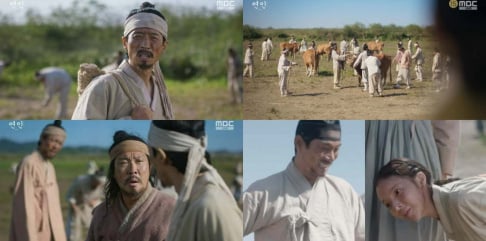



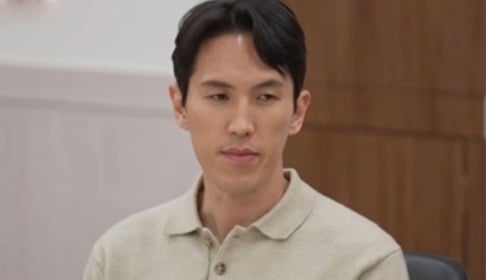

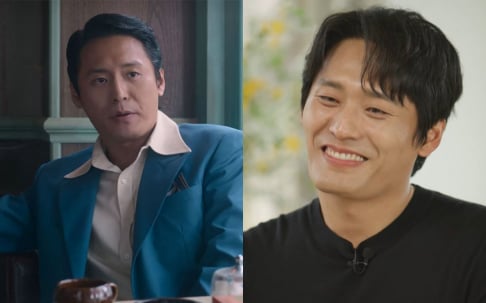
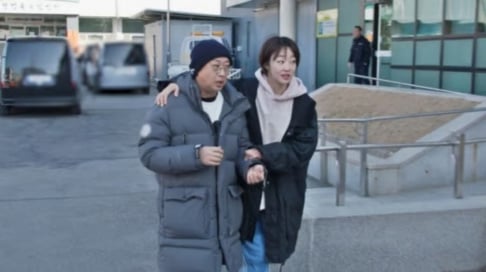









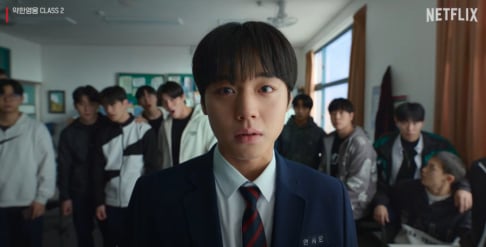



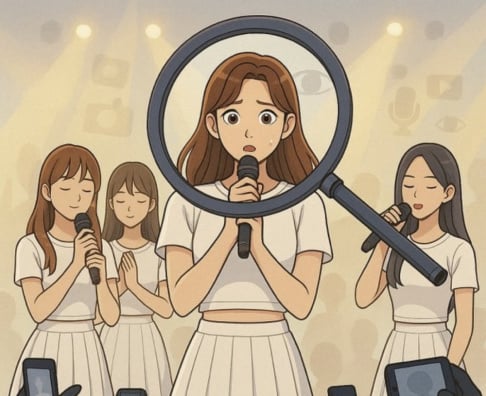






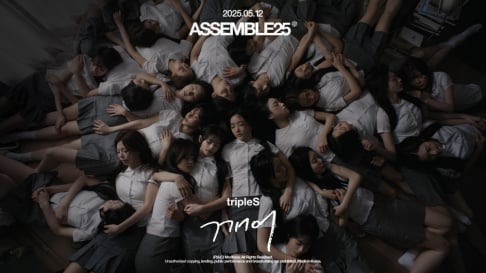
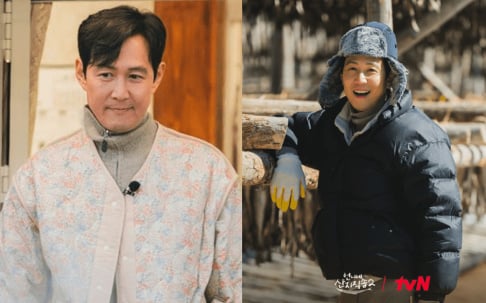



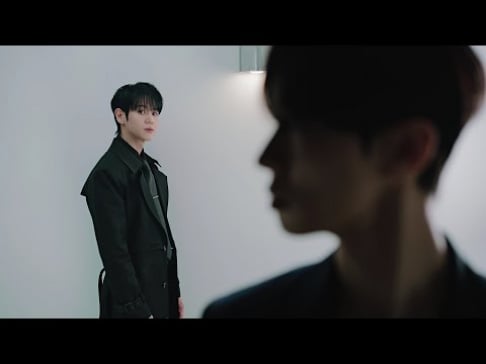

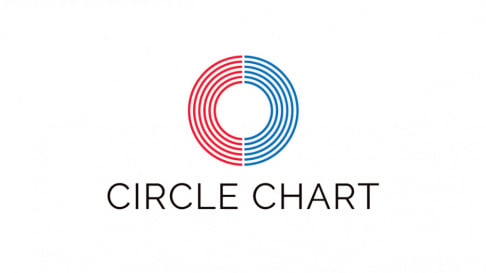










It's not too early as long as the filmmakers were careful when talking to victims and relatives and follow up with them. I study media and journalism and it's an important aspect of ethical media production. Victims who share their stories with journalists/filmmakers often do so with the hope of creating awareness, seeking justice, or fostering change. However, when journalists (or in this case filmmakers) fail to reconnect with these individuals, it can lead to feelings of abandonment and disrespect. Victims may perceive their stories as mere commodities for the news cycle or "just for content", and the lack of follow-up can intensify the trauma they've endured. Such practices can deter others from coming forward and sharing their own experiences, hindering the essential process of truth-telling and accountability. Recognizing the importance of reconnecting with victims not only honors their resilience but also reflects a commitment to responsible and ethical reporting. It ensures that their voices are not forgotten and that their stories are portrayed with the respect and empathy they deserve.
.
If anyone wants to read more about this I recommend the book "Covering Violence: A Guide to Ethical Reporting About Victims & Trauma" By Roger Simpson, William Coté. The article "Violated or Comforted - and Then Abandoned: Ethical Dimensions of Relationships Between Journalists and Vulnerable News Sources" by Anette Forsberg is also really insightful.